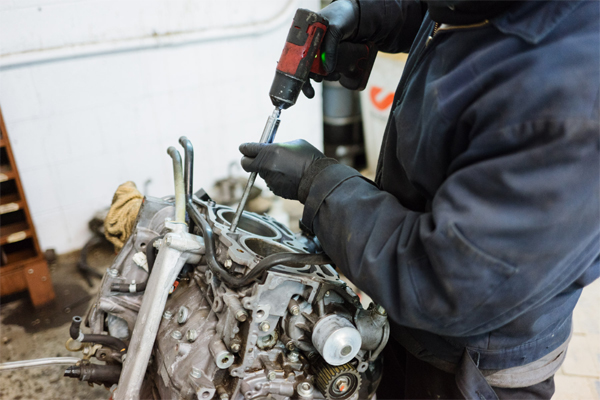



|
Tweet
Pin
It
|
Metallurgical Engineering is a branch of engineering which deals with the study of science and art of metals and their properties. It includes areas of processing the metals and converting them into useful products. In other words, it is the study of physical and chemical behavior of metallic elements, their inter-metallic compounds and their alloys. Metallurgical engineering comprises the application of technology to metals. Professionals in this field of engineering are known as Metallurgical Engineers or Metallurgist.
The main branches of Metallurgy Engineering includes extractive metallurgy, physical metallurgy and mineral processing. Extractive metallurgy as the name implies, is extracting metal from ore. In case of Physical metallurgy, metallurgical engineer prepares the sorts of metallic alloys needed for different types of manufacturing and construction works. Mineral Processing deals with the technology of processing mineral products after it is extracted from the earth crust in impure form.
Educational
Minimum eligibility for a career as metallurgical engineer is a Bachelor degree (B.E/B.Tech) in the respective field. However most jobs require an advanced degree.
The eligibility criterion for admissions to a bachelor programme (B.E/B.Tech) is a 10+2 pass in the Science stream with Physics, Chemistry, and Mathematics as core subjects. Admission to these courses is highly competitive and only those with high academic performance in the board of examination i.e the marks secured in the final exams of 10+2 and in the entrance test can expect admission. Entrance to the IIT's is through 'JEE' (Joint Entrance Exam) and for other major institutions through AIEEE (All India Engineering/Pharmacy/Architecture Entrance Examination) OR their own separate entrance exams and other state level and national level exams.
Also one can go for the 3 year diploma course after 10th standard (SSC). There are also masters and PhD courses in metallurgical engineering. Applicants for postgraduate programmes (M.Tech) in metallurgical engineering are required to have completed B.E./B.Tech. or equivalent from a recognized University/Institution in related area and he/she has to qualify the Graduate Aptitude Test in Engineering (GATE) Entrance Examination. Candidates can advance their study further by taking up PhD in Metallurgical engineering to pursue research work. Many continue their education while on the job.
Students pursuing metallurgical engineering can specialize in physical metallurgy, thermodynamics, corrosion engineering, mineral processing, iron and steel manufacturing etc.
Personal attributes
The ability to think analytically, a capacity for detail, and the ability to work as part of a team are the main requisites for one who wants to be in this career. As any other engineer, they should have an aptitude for science and math. Being able to communicate well and explain things to others is an important skill in engineering. The candidate should be hardworking, patient, good at organizing and solving problems. Good computer skill is also essential as they use computer technology to optimize all phases of research. Updating knowledge on a continuous basis is also required to succeed in this ever changing career field.
Tags
engineering career
Find it Useful ? Help Others by Sharing Online
Comments and Discussions |
Related
Career Options
|
|||
|
|